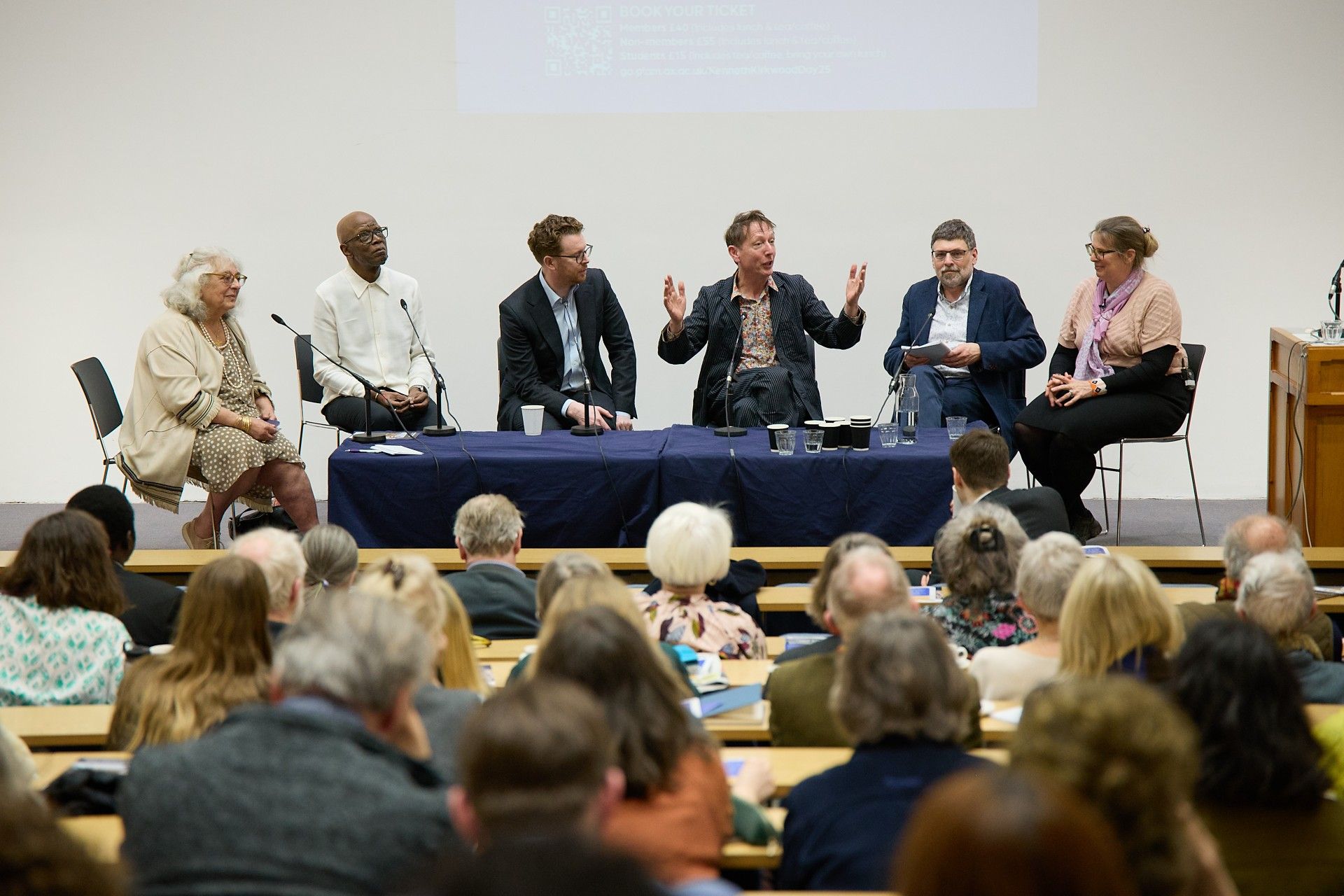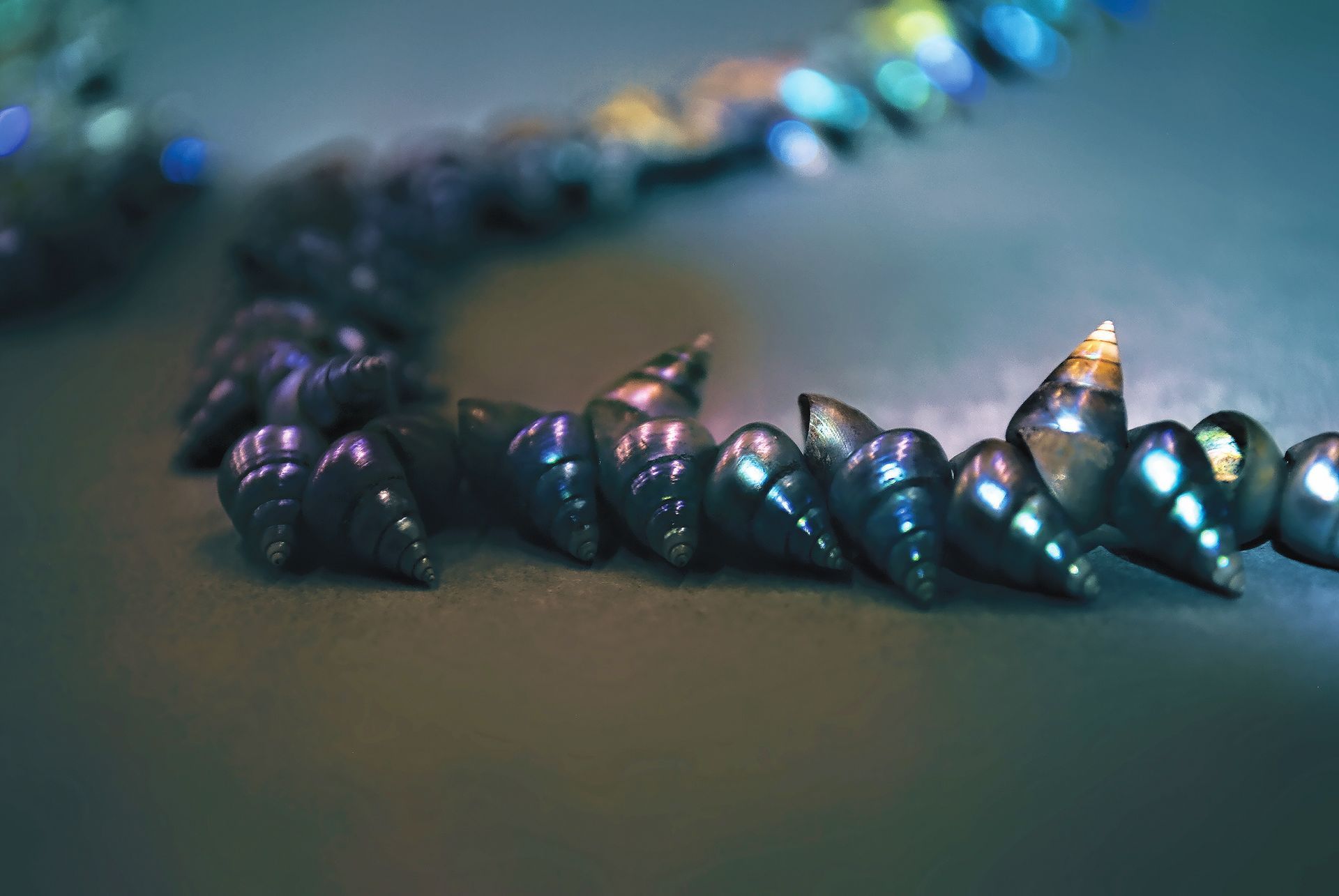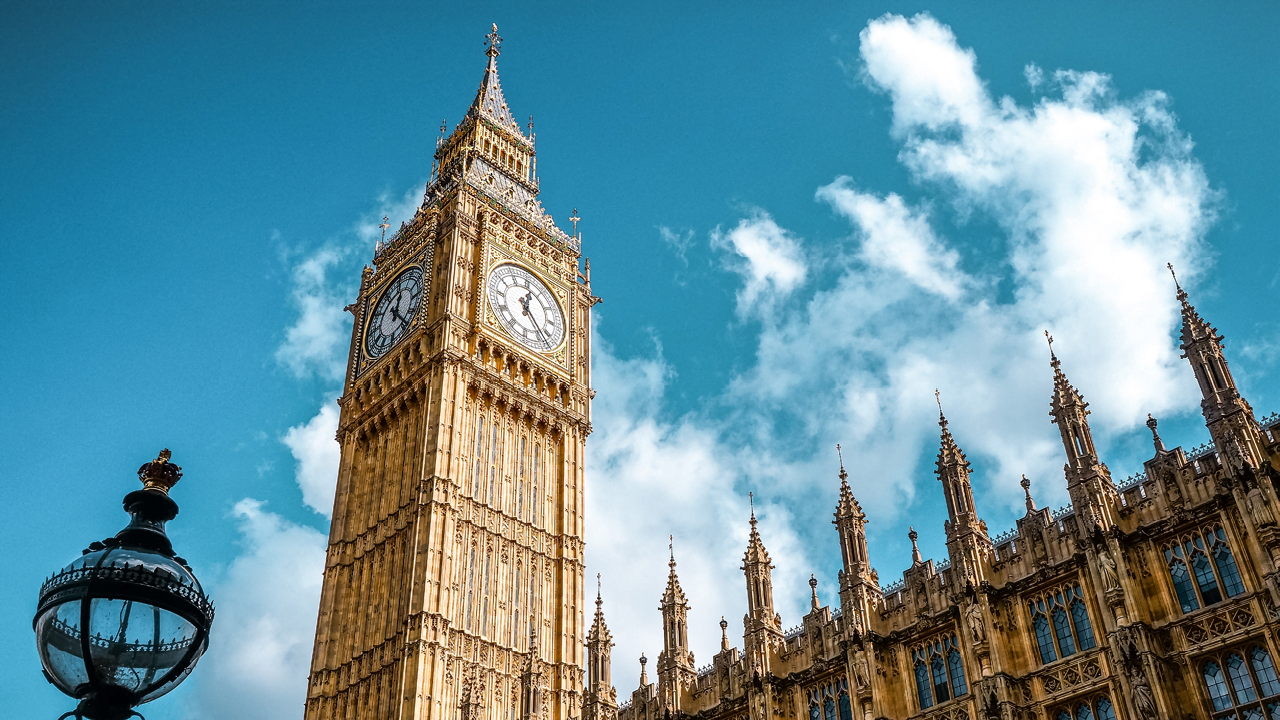Cultural Restitution
SHARE ARTICLE
Hidden away in a secure vault, out of sight from visitors, academics and students, the British Museum’s collection of sacred Tabots awaits a resolution by trustees that could lead to their return to Ethiopia.
It was hoped the issue might be placed on the agenda at the trustees meeting earlier this month. However, the Minutes of that meeting have still not been released and we don't even know whether trustees discussed the issue at this meeting or not. We know only what a Museum spokesperson told us that more time is required before the latest appeal for their repatriation can be formally considered by trustees.
While this may not point to any decision likely to go in Ethiopia’s favour, the growing pressure on the Museum's trustees to make a decision about the Ethiopian Tabots in their collection suggests this latest appeal will not be so easy to brush aside as others have been in the past.
Just before the meeting on 4 October, each trustee was sent a letter signed by a number of leading UK supporters requesting the return of the eleven sacred Tabots held in the Museum’s collection. Signatories included former Archbishop of Canterbury Lord Carey, leading human rights lawyer Geoffrey Robertson QC, eight other members of the House of Lords and former British Ambassador to Ethiopia Sir Harold Walker. Along with this letter, the trustees also received a legal opinion prepared by Samantha Knights QC of Matrix Chambers, commissioned by The Scheherazade Foundation. This opinion is unequivocal that the Museum’s eleven Tabots do meet the criteria for ‘unfit to be retained’ and can be returned to the Ethiopian Orthodox Church, ‘without detriment to the interests of students’.
We’re not surprised the Museum requires more time to consider and respond. Not only was the focus of October's trustees meeting on the formal appointment of George Osborne as the British Museum’s new chairman, it was also the first time the Museum’s trustees have been approached directly and individually to resolve this long-running impasse.
Previous requests were always made to the Museum’s director. However, the Museum’s governing Act is clear it is the trustees responsibility and not the Director’s to determine when an object may be considered ‘unfit to be retained’.
The importance that trustees make this decision was underlined this week in the House of Lords when, answering a question about Government plans to de-accession the Tabots, Lord Parkinson confirmed "The British Museum operates at arm's length and independently of HM Government. Decisions relating to the care and management of the objects in their collections are therefore a matter for its trustees'.
The statement given to us by the Museum confirms the documents “are being reviewed and addressed with full consideration”. This could suggest the Museum is willing to commission their own legal review of section 5(1)(c) of the British Museum Act 1963, before considering whether or not these objects are, as we have written in the past, unfit to be retained. Were the Museum's legal opinion to concur with the opinion of Samantha Knights QC, repatriation would represent an action that complies with, not breaches the Act.
The British Museum has already acknowledged these sacred plaques, believed by the Ethiopian Orthodox Church to be the dwelling place of God on earth and which are used to sanctify and consecrate a church building, are of huge spiritual significance. They also recognise they should never be placed on public view.
Ethiopia is not appealing for the return of every artefact looted by British forces after the defeat of Emperor Tewodros at the Battle of Maqdala. That would require the Museum's trustees to agree either an amendment or a breach of the British Museum Act. Only the Tabots. They are in a special category all of their own. So attention now turns to the Museum's trustees, who must now consider how eleven objects that have never been placed on exhibition, never been photographed and never been available for study by anyone, not even by their own curators, meet the educational objectives of the British Museum.
The absence of any more feedback from the meeting means it’s hard to know when a discussion by the trustees may lead to a decision. Until then, Ethiopians and their UK supporters will await the outcome of this process of “full consideration” and what it may lead to.
“If the British Museum is now saying we want to take our time and actually look at this issue to the point where they can make a decision”, a spokesperson for the Ethiopian authorities told us, “that would be something that would be welcomed”.



